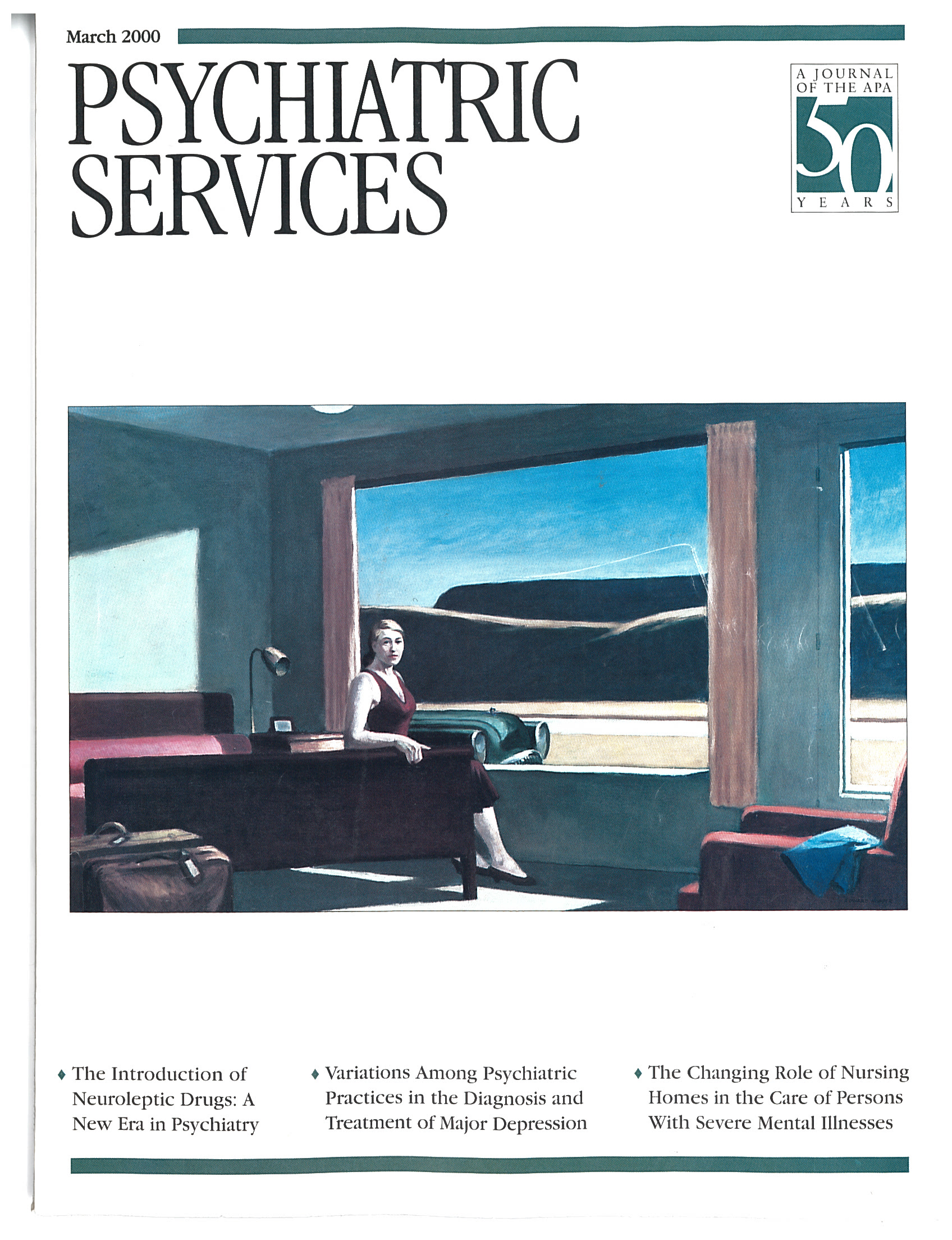The editors of this text have managed to compile a truly comprehensive overview of our understanding of posttraumatic stress disorder (PTSD). Although the book does not address every possibility under the sun, it does cover a wide range of the most relevant topics. Prominent experts discuss each topic in a detailed but readable manner, basing their information on the latest empirical data.
The concept of posttraumatic stress has a particularly interesting history of development. Social acceptance of the concept has tended to ebb and flow in a manner reminiscent of the symptomatology of the disorder, in which bouts of intense attention to the traumatic experience alternate with periods of denial. The first chapter sketches the troubled history of the concept, building on previous histories while supplying new information and fresh insight.
The range of topics covered in the following chapters is impressive. It is important that the subjects of prevalence, risk factors, and comorbidity are given as much emphasis for children and adolescents as they are for adults. The impact of a variety of traumatic stressors, including combat, disasters, and criminal victimization, is also covered thoroughly.
The neurobiology and genetics of PTSD are explored in detail. The chapter on neurobiology is one of the most readable and comprehensive explanations I have read of the current issues in this area. The genetics of the disorder is discussed in a separate chapter, and the relationship of gender to PTSD is explored in another.
Assessment issues are covered in several chapters. One chapter outlines the assessment process for children and adolescents, and another for adults. Many currently available assessment tools are critically reviewed. Techniques of psychophysiological assessment are discussed separately. Two other chapters consider forensic assessment of traumatized youth and traumatized adults.
Current approaches to treating PTSD are presented in detail in five separate chapters. One describes prevention strategies that can be implemented immediately after exposure to noxious stressors. Other chapters consider pharmacological treatment, behavioral treatment of children and adolescents, cognitive-behavioral treatment of adults, and group and milieu therapy for veterans with complex PTSD.
One notable chapter explores the socioeconomic consequences of traumatic stress. Although this topic is infrequently considered in the field, it has important public health policy implications, and the chapter deserves close reading for that reason alone.
This text's broad coverage of the field, coupled with the readable, in-depth discussions by leading experts, recommends it as a worthy addition to the library of anyone with an interest in posttraumatic stress disorder. In fact, it would make a useful reference work in any public library. I believe it would serve as an excellent college text as well.

